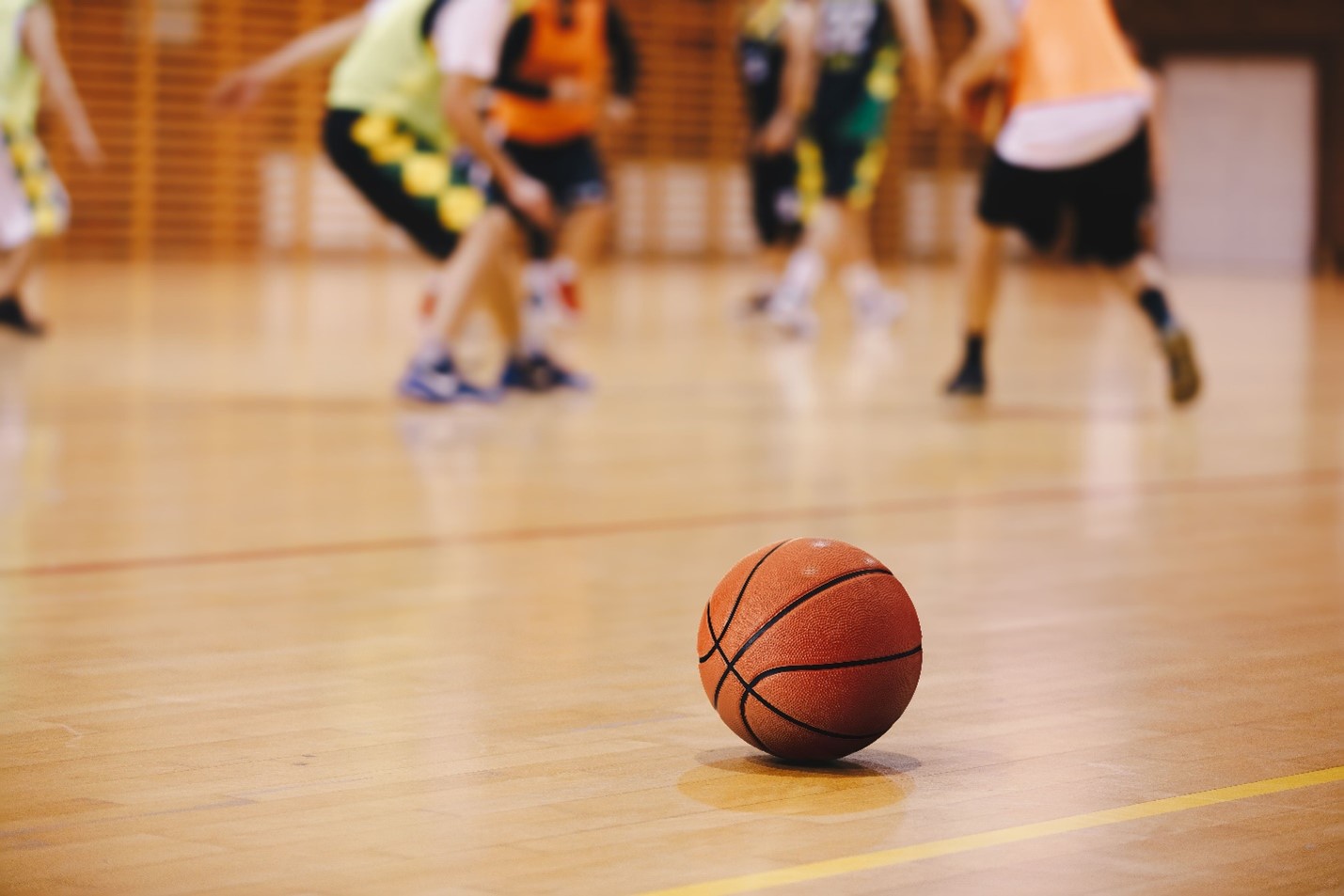Youth basketball can be an incredible platform for personal growth, character building, and the development of athletic talent. For coaches and parents, identifying and nurturing potential in young athletes is both an art and a science. While it may be tempting to focus solely on performance metrics, such as points scored or speed on the court, recognizing deeper qualities like work ethic, resilience, and passion is often key to long-term success. Coaches like Christopher Sohm emphasize the importance of balance—developing skills without overwhelming young players.
Understanding the Foundations of Potential
Talent in basketball is not always obvious at first glance. A young player’s current skill level may not accurately predict their future potential. Instead, foundational traits such as coachability, a willingness to learn, and perseverance often signal a promising athlete. These qualities can be cultivated over time, even if the child’s physical abilities are still developing.
Coaches should watch for how players respond to feedback. Do they absorb criticism and apply it during practice? Are they eager to improve their game, even in the face of setbacks? Similarly, parents should observe their child’s level of enthusiasm for the sport outside of structured practice sessions. Genuine curiosity about basketball—whether through watching games, practicing independently, or seeking out advice—is often an indicator of untapped potential.
Encouraging a Growth Mindset
Nurturing talent requires fostering a growth mindset in young athletes. This means emphasizing effort and improvement rather than innate ability. When children understand that skills are developed through practice and persistence, they are more likely to embrace challenges and recover from mistakes. For example, if a player struggles with shooting accuracy, focusing on small, incremental progress can help them stay motivated.
Coaches play a pivotal role in this process by modeling patience and positive reinforcement. Celebrating small victories, such as mastering a new dribble move or improving defensive positioning, can build confidence. Similarly, parents should avoid placing excessive pressure on their child to perform perfectly. Instead, they should highlight the joy of learning and the value of perseverance, reinforcing that setbacks are simply part of the journey.
Balancing Skill Development with Enjoyment
While it’s natural for coaches and parents to want their young athletes to excel, overemphasizing performance can lead to burnout or a loss of interest in the sport. Striking a balance between structured skill development and unstructured play is essential. For instance, allowing children to engage in casual pick-up games can encourage creativity and experimentation, helping them discover their unique playing style.
Structured drills and exercises should focus on fundamental skills like ball handling, passing, and footwork. However, it’s equally important to let players explore their abilities in a low-pressure environment. This approach not only enhances their technical skills but also helps them develop a genuine love for the game.
Recognizing the Role of Physical Development
Physical growth can significantly impact a young player’s basketball abilities. Height, strength, and agility often vary widely among children of the same age, making it essential to focus on long-term development rather than immediate performance. A player who struggles to keep up due to slower physical maturation may still possess the drive and determination needed to excel later on.
Coaches should create opportunities for all players to contribute, regardless of their current physical capabilities. For example, assigning roles that emphasize teamwork and strategy can help less physically developed players build confidence and feel valued. Parents, too, should avoid comparing their child to peers, as every athlete progresses at their own pace.
The Importance of Communication
Open communication between coaches, parents, and players is crucial for nurturing potential. By maintaining a supportive and transparent environment, young athletes are more likely to feel encouraged and understood. Coaches should regularly check in with players to discuss their goals, strengths, and areas for improvement. This not only helps build trust but also provides valuable insight into each player’s individual needs.
Parents can support this process by fostering a positive dialogue at home. Asking open-ended questions such as “What did you enjoy most about practice today?” or “What’s something you’d like to work on?” can encourage self-reflection and help children take ownership of their development.
Avoiding the Pitfalls of Overtraining
One of the most common challenges in youth basketball is the risk of overtraining. While structured practice and games are essential for skill development, too much emphasis on competition can lead to physical and mental fatigue. To prevent this, coaches and parents should prioritize rest and recovery, ensuring that young athletes have time to recharge both physically and emotionally.
Diversifying athletic experiences can also be beneficial. Encouraging children to participate in other sports can improve their overall athleticism, reduce the risk of overuse injuries, and prevent monotony. For example, soccer can enhance footwork, while swimming can build endurance and upper-body strength. These complementary activities often contribute to more well-rounded athletes who are better prepared for the demands of basketball.
Creating a Supportive Environment
Ultimately, the key to nurturing potential in young basketball players lies in creating an environment that prioritizes growth, encouragement, and enjoyment. Coaches and parents should work together to provide consistent support, celebrating progress and offering constructive feedback when necessary. By focusing on the long-term development of the whole athlete—both on and off the court—they can help young players unlock their full potential.
The journey of a young basketball player is a marathon, not a sprint. With patience, understanding, and a commitment to fostering growth, coaches and parents can guide their athletes toward not only athletic success but also personal development that lasts a lifetime.
